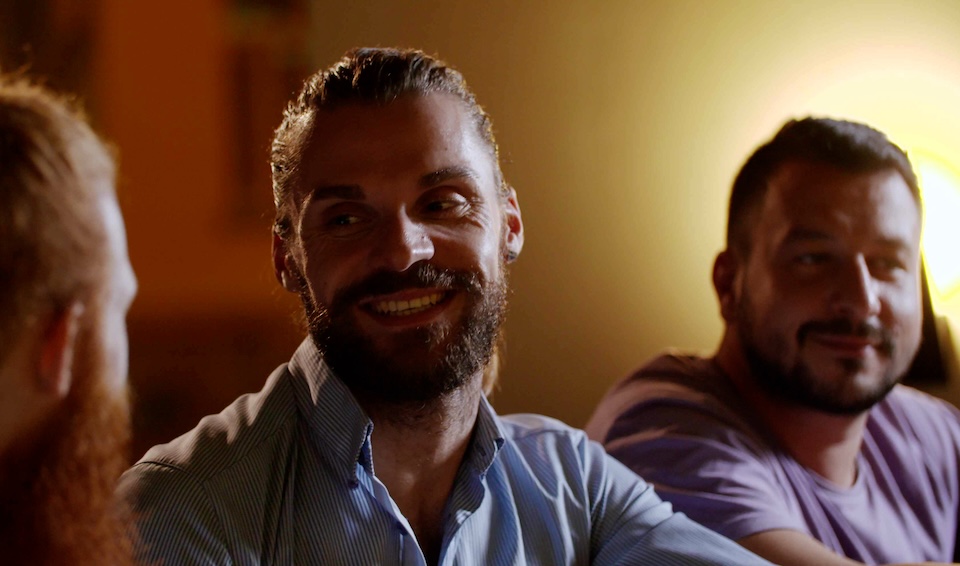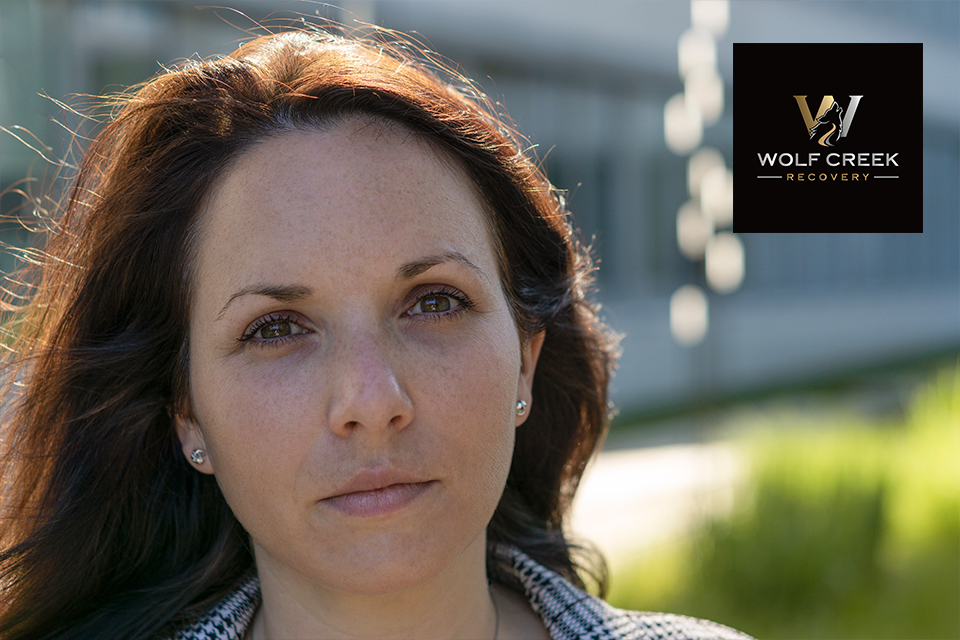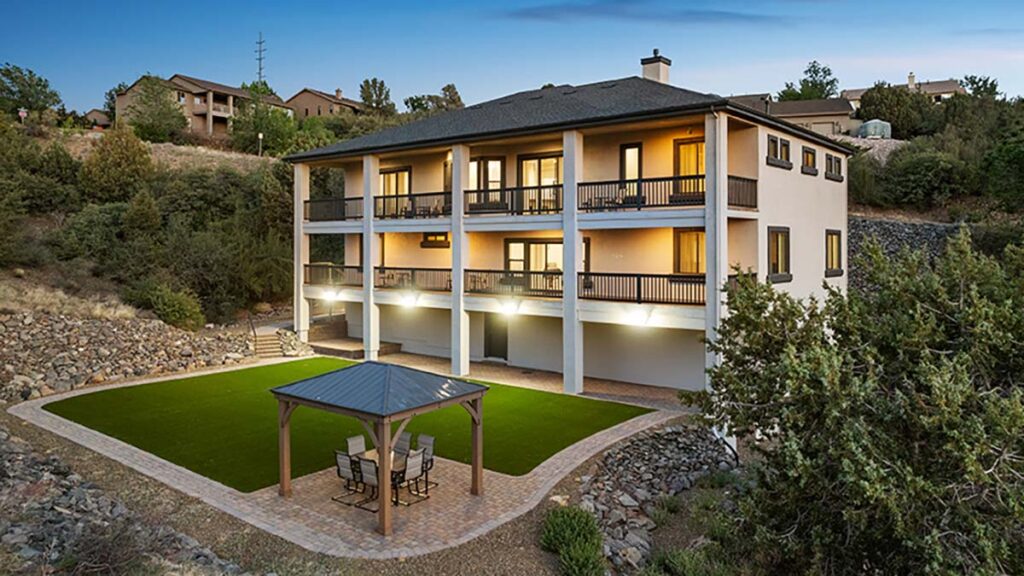Morphine isn’t talked about at the forefront of the opioid epidemic, but it can still devastate lives when used outside of its intended purposes.
At Wolf Creek Recovery, we offer treatment for every type of opioid use disorder, with morphine addiction treatment included. No two substance use disorders are alike because no two people are exactly alike, and we offer tailored treatment with that in mind. We’re ready to equip you with all the tools you need to achieve lasting recovery.
What We Treat: Morphine Addiction
We know what it’s like to live with the weight of addiction. We know that’s easy to say – but at Wolf Creek, we mean it. Our staff members are in recovery, too.
We know what it’s like to be stuck in the cycle of opioid use and withdrawal. We remember the lengths we’d go to to find another dose, whether it was hopping between doctors hoping for a prescription, “borrowing” them from someone we knew, or buying them from someone we didn’t know. That desperation, shame, and pain are still familiar to us.
We hope you’ll trust us when we say recovery is possible, and that we know what it takes to get there. Let us help you overcome your morphine addiction.
How We Treat: What to Expect From Morphine Rehab With Wolf Creek
When you first come to Wolf Creek, we’ll perform a thorough assessment to figure out your individualized treatment plan. This will be tailored to fit you and your unique recovery goals. We’ll also determine if dual diagnosis mental health treatment might help you, too.
After that, we’ll refer you to our trusted partners for a medical detox program. There, skilled medical staff will watch over you while morphine leaves your system. They’ll make sure the process is safe and goes as smoothly as possible.
Once you’re morphine-free, you’ll start your treatment with Wolf Creek. During your treatment program, we’ll provide housing for you, so you won’t have to worry about where to stay or any triggers that might interfere with your recovery at home. You’ll spend the day on therapeutic activities at our facility, then return to our housing – not a hospital setting – in the evening.
You have some options on what you’ll do with us, including:
- Cognitive behavioral therapy (CBT)
- Dialectical behavioral therapy (DBT)
- Motivational interviewing (MI)
- Rational emotive behavior therapy (REBT)
- Family therapy
- Grief counseling
- Outdoor activities like canoeing, paddleboarding, camping, and team sports
We encourage you to stay with us for as long as you can. The longer you stay in treatment, the easier it is to achieve lasting recovery.

Understanding the Science Behind Morphine Addiction
Morphine is used to block pain signals in your brain. It also causes large amounts of neurotransmitters known as dopamine to release in your body. Dopamine is responsible for feelings of pleasure, so not only does morphine block any physical pain you might be feeling – but it can also make you feel really good.
If you’re going through a difficult time, especially if you’re experiencing both physical and emotional pain, the “high” that morphine causes can be appealing. It also changes your brain over time as you use it, and can cause a physical dependence. Physical dependence isn’t the same as an addiction, but it does mean your body is so used to morphine that it doesn’t know what to do when it’s not in your system. That’s what causes tolerance and flu-like withdrawal symptoms, and fighting the pain of withdrawal is a big reason why people continue taking morphine when they shouldn’t.
Causes of Morphine Addiction: It’s More Complicated Than You Think
Contrary to what other pages on the internet might lead you to believe, morphine prescriptions aren’t the cause of morphine addiction. Just taking morphine doesn’t guarantee you’ll develop an addiction, and who develops an opioid use disorder isn’t entirely random. Anyone can have an opioid use disorder, but these are the most common contributing factors:
- Genetics
- A family history of substance use disorders
- Early exposure to illicit substance use
- An environment where substance use is normalized
- Untreated mental health conditions
- Prolonged high stress levels
- Trauma
There’s no single cause of this condition, and most commonly, multiple risk factors work in tandem to bring about an addiction.

When to Seek Help: Signs You or a Loved One Need Treatment for Morphine Addiction
Are you taking more morphine than you intended to or wanted to? Do you feel like you can’t stop taking it? Do you dedicate a lot of time to obtaining, taking, and recovering from morphine? Have you distanced yourself from people and activities that were once important to you? Do you experience withdrawal, tolerance, and cravings for morphine? Are you still using morphine, even though it’s had clear negative consequences on your life? If you answered yes to any of these questions, it’s time to examine your morphine use and consider getting help.
If you’re a concerned loved one, you can answer some questions too. Do they have odd sleep patterns, frequent fatigue, depression, frequent constipation, and/or sexual dysfunction? Are they secretive about where they’ve been and what they’ve been doing? Do they fixate on morphine, and make sure they always have it on hand? Are they continuing to take morphine even though it’s negatively impacted their life? If the answer to these questions is yes, it’s a good idea to talk to your loved one about how they take morphine.

Finding Arizona Morphine Addiction Treatment at Wolf Creek
Whether you’re managing a morphine addiction or experiencing it secondhand as a loved one – it doesn’t have to control your life anymore. Quality treatment is available, and healing is possible. We hope you’ll contact us and let us walk alongside you on your road to recovery.
Wolf Creek Recovery, located in Prescott, Arizona, offers treatment rooted in honesty, integrity, respect, compassion, commitment, and courage. We aim to embody those qualities every day, because it’s what our clients deserve, and it’s what we want to inspire in others. Those qualities are the foundation for lasting recovery. Ready to build a life you love? Call us at 1-833-732-8202 today to get started.











